

INTERVIEW WITH DAVID WANDABI
Kenya Organization for Environmental Education
City where the organisation is based: Nairobi
Number of staff in the organisation/working with Eco-Schools: 8/3
What do you prefer?
- Dogs or cats? Dogs
- Sea or mountains? Sea
- Chocolate or chips? Chips
- Film or book? Film
- City or countryside? Countryside
- Favourite word or phrase: Hasta la vista
- If you could sing one song on a music competition show on television, what would it be? When You Believe by Whitney Houston
- What is the funniest thing that has happened to you recently?
I boarded a bus thinking I had my wallet with me only to realize halfway through the journey I had forgotten it at home. Thank God I was allowed to use mobile payment to pay.
A high point of the programme, hopes and visions
My highest point of the programme was when it helped over 3,000 children in western Kenya get clean water. Based on the testimonies of the children and parents, children used to walk over 5 kilometres to get drinking water, which affected their study time. The children are now happy as they can concentrate on their class work.
My vision for the programme is to see it get government support and even being mainstreamed into the school curriculum in Kenya by the government.
Activities of Eco-Schools in Kenya
· Teacher trainings
· Tree planting drives
· Development of environmental information, education and communication materials
· Student learning workshops
· Clean ups
· Support schools to implement environmental micro-projects
· Art and essay competitions
An inspiring story by Kenya Organization for Environmental Education
As part of our plastic bottle collection project, we have forged a partnership with the Human Needs Project (HNP) in Kibera, Nairobi. HNP has been constructing their Kibera Town Centre and part of it was the construction of an underground waste water filtration and treatment system. This system required media for bacteria to grow and that happened to plastic media. Lots of bottles were therefore needed, cut into small pieces and stuffed into the underground tanks.
But as part of the Eco-schools Litter Less Campaign, Brookhouse International School took up the challenge to support this interesting recycling initiative by rallying up support from the whole school body in collecting bottles. The school organized a drive where students would bring used plastic bottles from home and organized a collection centre within the school where the bottles were temporarily kept awaiting transport to HNP. Parents support their children by dropping off loads of used bottles in the morning when they bring their children to school. It soon became a whole Brookhouse community Eco-schools involvement.
The school introduced a reward system which has worked to motivate students to take part. The Eco-committee kept records of how many bottles each class brought to school. The class that collected the most number of bottles was treated to a pizza lunch during the last week of every term.
The Human Needs project is involved with community empowerment and sanitation issues; more about them here; http://www.humanneedsproject.org/about-hnp
It is estimated that the whole waste water plant has taken excess of 150,000 bottles of which Brookhouse has made the greatest contribution.
The project was presented at an environmental conference in California, highlighting our support of what HNP was doing to recycle used bottles, while also providing an opportunity for service learning and environmental education to our students.
https://ourworld.unu.edu/en/kids-harness-plastic-waste-for-water-filtration-in-african-slum
